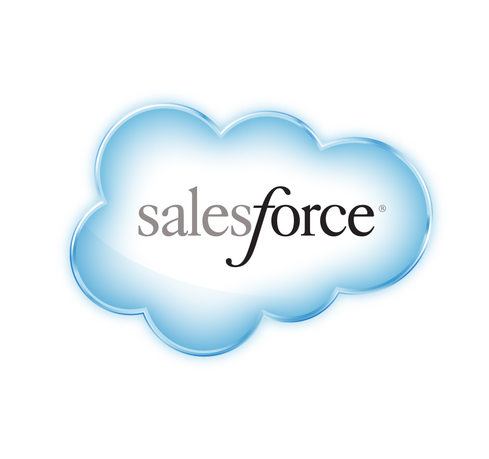Salesforce Service For Apps Gives CRM A Mobile EdgeSalesforce Service For Apps Gives CRM A Mobile Edge
A new suite of products revealed by Salesforce today is aimed at improving the customer service experience on mobile devices through intuitive routing and contextualization.


Salesforce Vs. The Competition: A CRM Primer
Salesforce Vs. The Competition: A CRM Primer (Click image for larger view and slideshow.)
Salesforce is looking to extend its CRM reach into mobility with a new suite of products revealed today called Salesforce Service for Apps, powered by the company's Service Cloud. The company is also making the previously announced Salesforce SOS for Apps generally available.
The focus of all of these products, according to Salesforce, is to contextualize enhanced customer support functions (such as live video chat with a customer service agent) into mobile apps. In announcing the new offerings, Salesforce cited Gartner Research showing that 20% to 40% of customer interactions are happening on mobile devices, yet less than 5% of customer service is considered to be "one and done" on a mobile device – meaning the matter is resolved on the first interaction.
In prepared statements announcing the new offerings, Salesforce included endorsements from users such as Dan Loomis, vice president of digital product management, National Small Business for Capital One, and Antoine de Kerviler, CIO of Eurostar.
According to Salesforce, Service for Apps builds on a series of Service Cloud offerings, including the Intelligent Routing Engine, which was launched earlier this year to help companies offer omni-channel support. With the Intelligent Routing Engine, cases are automatically routed to agents who specialize in handling cases of a particular type or complexity across every channel, including phone, messaging, social, and email. Cases are also routed to agents who have prior experience with that case or customer, so that a customer who calls one week and tweets the next is routed to the same agent. Intelligent Routing Engine automatically understands each agent’s capacity to take on new cases and automatically manages workloads across service teams.
Service for Apps has several components to it. These include:
Chat for Apps: A customer can instantly message an agent without leaving the app. The agent is able to identify the customer for proper context. For example, a mobile gamer would be able to chat with a support agent for real-time advice on a gaming technique, while the agent would have the context to know which game or level the customer is inquiring about. This is similar to running a text session with an agent.
Tap-to-Call for Apps: As the title indicates, customers can access phone support from apps. The most important feature here is that the phone call is invoked directly from the app without leaving it. This ensures that the customer is dialing the correct phone number. The contextual information of the app state is passed to the agent with the call.
Knowledge for Apps: This will allow knowledge bases to be directly accessed from within apps. The contextual information passed along would allow, for example, a person requesting help to see relevant information, such as FAQs, for their particular situation displayed in the app before being connected to a customer service agent.
Cases for Apps: Customers can create and monitor cases, and use the camera and location to provide additional details all within the app, as well as receiving a notification when the case is resolved. This would allow agents to view and manage cases, or escalate them to subject matter experts.
Salesforce SOS for Apps: The Amazon Mayday button is the acknowledged model for this feature. It provides live interactive video support, on-screen guided assistance, and screen sharing with an agent. The agent can see the screen on the customer's phone, as well as write on it. The agent can access his own data systems at the same time.
information was shown a demonstration of the new offerings recently. The elements work well together, and can give a seamless support experience when integrated into an app in the correct manner.
Denis Pombriant, the founder of Beagle Research, said this latest offering from Salesforce can help simplify the process and give IT another tool.
"This is a great boon to IT," Pombriant wrote in an email. "As platforms proliferate, IT resources get stretched thinner and many orbs won't have the ability to support multiplying customer channels. This SSK provides a good way to build some sophisticated customer resources into mobile apps."
Service Cloud is generally available, and pricing starts at $135 per user per month. Salesforce SOS is the first Service for Apps solution to be generally available and is $150 per user per month with Enterprise Edition licenses of Service Cloud. Chat for Apps, Tap-to-Call for Apps, Knowledge for Apps, and Cases for Apps are planned for private beta in the latter half of 2015, and pricing will be announced at the time of general availability. Desk.com for Apps is currently in private beta and pricing will be announced at the time of general availability.
About the Author
You May Also Like






